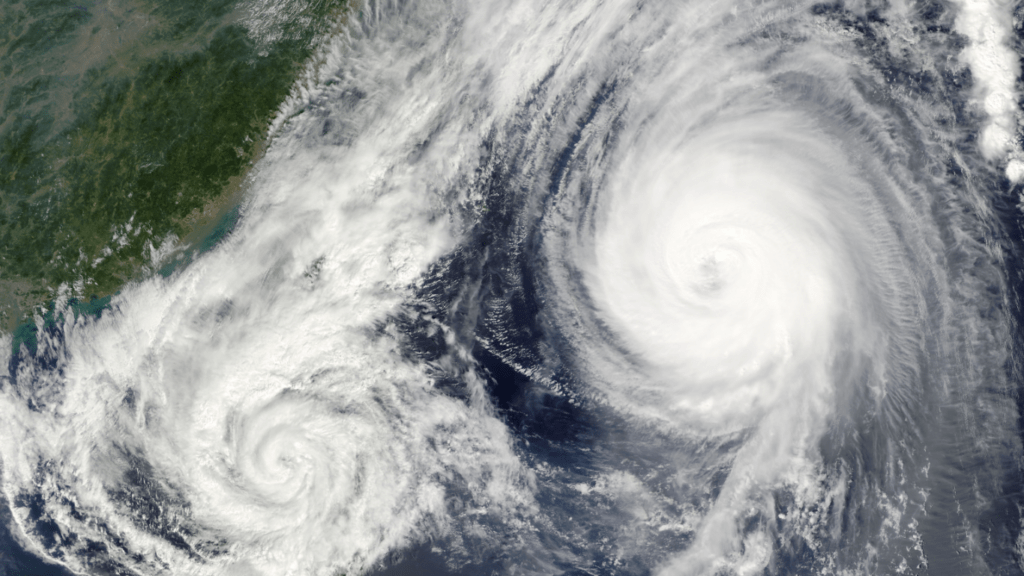When it comes to game-day betting decisions, weather and venue can make all the difference. I’ve seen countless bettors overlook these crucial factors, only to regret it when the final whistle blows.
Understanding how conditions like rain, wind, or extreme temperatures can impact player performance and game dynamics is essential for making informed wagers. The venue also plays a significant role in shaping the outcome of a game.
Whether it’s the home-field advantage or the unique characteristics of a stadium, these elements can sway the odds in unexpected ways. In this article, I’ll dive into how both weather patterns and venue specifics influence betting strategies, helping you refine your approach and boost your chances of success.
The Role of Weather and Venue in Game-Day Betting Decisions
Weather and venue conditions can dramatically influence game outcomes and betting strategies. Elements like wind, rain, altitude, and turf type affect player performance, play-calling, and scoring potential.
By analyzing forecasts and stadium traits, I gain a predictive edge. Recognizing how these factors impact gameplay allows for smarter, more informed wagers.
Understanding Weather Conditions
Weather conditions significantly influence game dynamics and player performance. Factors such as temperature, precipitation, and wind warrant careful consideration for bettors aiming to make informed decisions.
- Impact of Temperature on Performance: Temperature affects player stamina, speed, and overall performance. Extreme heat can lead to dehydration and fatigue, impacting decision-making and execution. In warmer conditions, teams may struggle to maintain peak performance levels, especially in the fourth quarter.
- Effects of Precipitation on Gameplay: Precipitation alters field conditions, impacting gameplay strategies and player safety. Rain delays should prompt bettors to consider a team’s adaptability to slippery surfaces. Wet fields can lead to a higher likelihood of injuries and decreased passing efficiency.
Venue Considerations
Understanding venue considerations enhances game-day betting decisions. Factors like home-field advantage and specific stadium characteristics significantly influence outcomes.
Home Field Advantage
Home-field advantage plays a crucial role in game dynamics. Teams often win about 55% of their home games due to familiar surroundings and supportive crowds. Bettors should consider a team’s past home performance, player comfort, and historical results in specific venues.
Emotional and psychological benefits also contribute, as players perform better in front of loyal fans. For instance, close proximity to home allows easier travel and less fatigue, further enhancing team performance.
Stadium Characteristics and Their Influence
Stadium characteristics directly impact game strategy and player performance. Unique traits, such as altitude and field conditions, provide varying challenges. High-altitude stadiums, like those in Denver, affect endurance and ball flight, potentially favoring home teams.
Field dimensions can also play a pivotal role; narrower fields may lead to a more congested game, while wider fields allow for open plays and passing strategies. Turf type matters, too. Natural grass can provide better traction but may lead to increased injury risk, particularly in rainy conditions.
Artificial turf offers uniformity but can heat up, causing players to overheat. Understanding these characteristics can refine betting strategies, leading to more informed decisions.
Analyzing Betting Trends
Analyzing betting trends involves examining how weather conditions and venue factors influence betting decisions. Understanding historical data and case studies provides valuable insights into effective strategies.
Historical Data on Weather-Related Bets
Historical data reveals a strong correlation between weather conditions and betting outcomes. I review past games to identify patterns. For instance, games played in heavy rain often see an average of 15% fewer points scored compared to dry conditions. Analyzing this data allows me to adjust my betting strategies based on similar forecasts.
Tracking performance metrics, such as quarterback completion rates or rushing yards in adverse conditions, deepens my insights. I note that players tend to exhibit lower efficiency during extreme winds, which affects their passing and kicking accuracy. Bettors can benefit significantly from recognizing these trends.
Additionally, it’s vital to factor in seasonality. For example, colder months may lead to teams adopting more conservative game plans, which can generate lower scoring games. By compiling these statistics and specific occurrences, I develop a more informed approach to weather-related betting.
Case Studies: Venue-Specific Betting Patterns
Case studies illustrate the impact of specific venues on betting patterns. I analyze teams’ performance records at home versus away games. For instance, a team may win 65% of its home games in a particular stadium but only 45% of its away games. This discrepancy suggests that venue familiarity plays a crucial role.
Examining particular stadiums reveals unique characteristics that influence gameplay. For example, Denver’s high altitude affects player stamina and ball trajectory, giving home teams a notable advantage. Understanding these factors allows me to adjust my betting strategies accordingly.
Furthermore, I consider historical matchups at specific venues. For instance, a team may have consistently lost to a rival in a specific stadium. Analyzing these patterns, along with team history and recent performance, enhances my decision-making process on game day.
By focusing on venue-specific tendencies and incorporating them into betting strategies, I can capitalize on favorable conditions and increase the likelihood of successful wagers.

 Logan Goward played a crucial role in establishing the technical backbone of Wager Legend Zone. As a seasoned developer and data systems expert, he designed and implemented the platform’s analytics engine, enabling users to access real-time odds insights and performance trends. Logan’s innovative approach to integrating predictive models gave the platform its analytical edge, making it more than just a news outlet—it became a powerful tool for informed betting.
Logan Goward played a crucial role in establishing the technical backbone of Wager Legend Zone. As a seasoned developer and data systems expert, he designed and implemented the platform’s analytics engine, enabling users to access real-time odds insights and performance trends. Logan’s innovative approach to integrating predictive models gave the platform its analytical edge, making it more than just a news outlet—it became a powerful tool for informed betting.